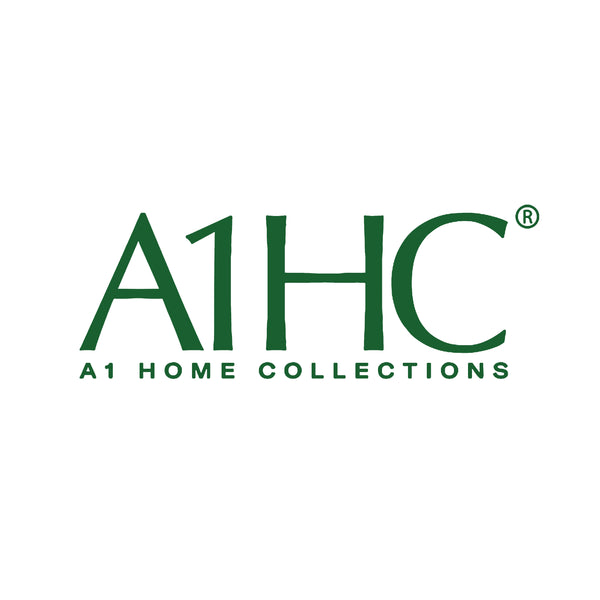
What Does Organic Mean? Understanding Eco-Labels
If you follow our blog, you’re likely among the growing group of people who want to make purchases that support their interests in sustainability, environmentalism, and conscious consumerism. And while so many of us want to support ethical companies, it can be very confusing to navigate the labels and marketing jargon out there.
In recent years, eco-friendly products have become very trendy, and marketers have jumped on the movement, but the problem is that a lot of the seemingly eco-friendly labels out there don’t actually mean a whole lot. There is very little regulation as to how products can be labelled, which has led to “greenwashing,” i.e. sticking a label on a product (like “natural” or “eco-friendly”), which sounds good but doesn’t actually deliver on what they’re alluding to.
It can be frustrating to try to understand these terms when all you’re trying to do is make purchases that can do the planet a little good! So, in an effort to help you navigate through the often confusing landscape of eco-marketing, we’re decoding some of the most common eco-labels.

Organic
Unlike many of the eco-labels out there, organic is a certification that is highly regulated and that you can trust. If a product is certified organic, you know that from the farming and harvesting of the raw materials all the way to the manufacturing, the process is environmentally and socially responsible. An organic product is non-GMO, grown without toxic pesticides and chemicals, and grown with a low environmental impact.
At A1HC, our organic cotton products are GOTS certified. GOTS is the most widely recognized certification, but there are others as well. Make sure to check that the company has an actual certification and isn’t just putting the word organic on their labels with no certification to back it.
Don’t see an organic label? That doesn’t necessarily mean that the company isn’t following organic practices. Becoming certified as organic is a costly process, and for many small and local businesses, it’s simply not in their budget. If you’re looking for organic products in your area, talk to your local farmers and vendors about their practices. You’re likely to find many small businesses that follow organic principles, just without the official label.
Fair Trade Certified
Fair trade is another term that is regulated, and it ensures that producers and handlers of the products are treated fairly with fair payment and working conditions.
A1 is currently in the process of becoming Fair Trade Certified.
Leaping Bunny Cruelty Free
If you see the Leaping Bunny logo, you know that the product is cruelty free and has not been tested on animals. This is typically found on cosmetics and household cleaners.
Natural
Here’s an example of a misleading label. “Natural” sounds like a great term, but when it comes to labelling products, it really means nothing at all. The term natural is left up to the interpretation of the company, so they can say just about anything is natural.

Responsibly sourced
Responsibly sourced is another term that isn’t regulated, so while it may mean a lot, it may also just be fluff marketing. To understand if a product is truly responsibly sourced to your idea of what that should mean, do some digging on their website and look for concrete info about their practices and certifications.
These are just a few of the many eco-labels out there today. If you have any questions about what a specific certification or label means, don’t hesitate to reach out to a company and ask! Companies that truly can back the labels they put on their products are generally very transparent about their practices and will be happy to answer questions, and they’ll also generally share lots of information on their websites.
To learn more about the materials we use at A1 and our practices, visit our Our Materials and Our Story pages. You can browse our selection of organic home goods here.
